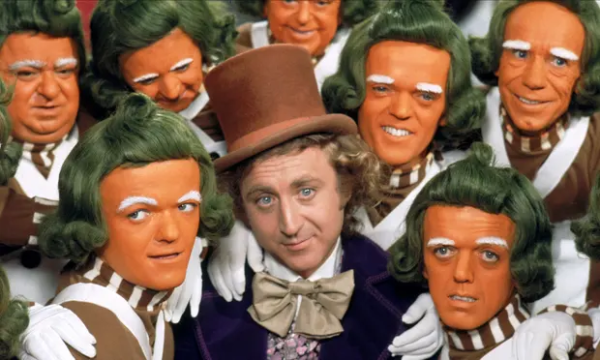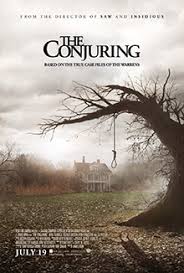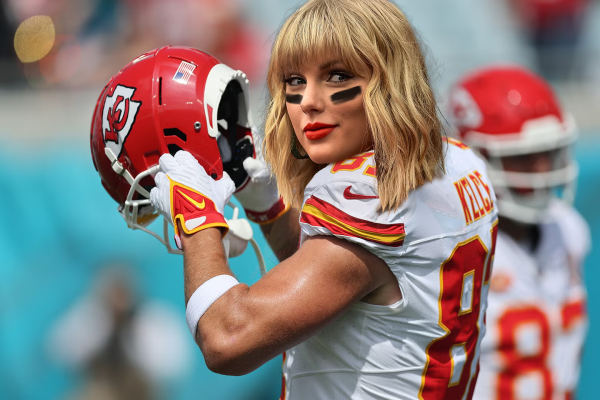Political Parties vs. Political Ideology

Courtesy of In-Mind.org
February 22, 2016
If you ask almost any teenage passerby in the hallway what political party they identify with, they will likely answer you confidently. The response would be either the word “Democrat” or the word “Republican,” as most teenagers don’t know of smaller political parties. However when you ask them why they identify as that party, the answer will be less convincing. Most of them would answer, if responding honestly, “because my parents are.”
I was one of these high schoolers until the middle of my junior year. I grew up in a democratic household and had friends with similar upbringing. I was a Democrat because the people I knew, loved, and respected most were Democrats. It didn’t seem like too bad of a crowd.
Most party affiliation works this way, as people tend to identify as the people around them do. As political parties are a social structure, they are often determined by socialization. Having intimate, personal relationships with people of a certain party makes one all the more likely to gravitate in the same direction. Identification is influenced by family figures, close friends, classmates, and coworkers. You surround yourself with those who have lived similar lives. There is nothing usual about this.
The abnormality occurs when and where ideology is applied to this party. Political opinions mean much more than choosing a faction. Political opinions and ideologies are laced with important nuances which leave many gray (or purple, rather) areas on the blue and red spectrum.
Ideologies in politics are more often identified by words like “conservative,” “moderate,” “liberal,” or “progressive.” There are people in both political parties who use these descriptions to more accurately pinpoint their location on a wide variety of political or governmental issues. “Conservative” is more likely to be used by right-wing Republicans and “liberal” or “progressive” is more likely to be used by left-wing Democrats. However, there are some politicians and citizens who blur these lines a bit and identify as moderate or Independents. Others go completely against the grain and consider themselves progressive Republicans or conservative Democrats. This just works to strengthen the idea that political party and political ideology do not always go hand in hand. If every Republican or every Democrat had identical ideology, then there would never be a need to have more than one presidential candidate from each party. There would be no Tea Party, virtually no interest groups, and no obnoxious attack ads. Variance in ideology creates space for individuality within political factions, for better or for worse.
It is important to realize that external forces (family, friends, foes) generally determine where your political allegiances lie, while internal forces (morality, religion, ethics) compose your actual thoughts on government. It is therefore more beneficial to ask people how they feel about certain issues than how they identify politically. This election season, while you are debating or discussing candidates with your peers, instead of asking people what political party they consider themselves to be a part of, ask them how they feel about a topic like abortion, capital punishment, welfare, or military affairs. You are much more likely to get a true sense of who the person is as an individual, as opposed to the type of socialization they’ve had.












